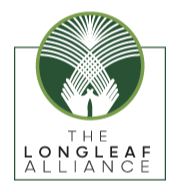Landscape Partnership Resources Library
CP Process Video Transcript
Transcript to Conservation Planning Process video featuring Dr. Robert Baldwin
Conservation Planning Process Summary
A brief overview of the conservation planning process and the steps involved.


























